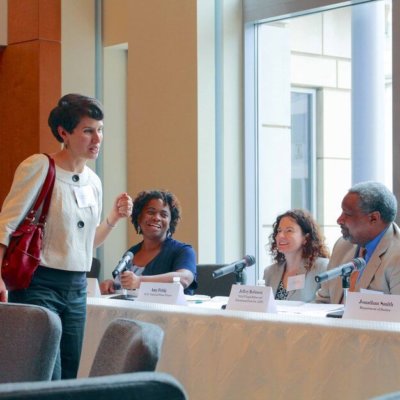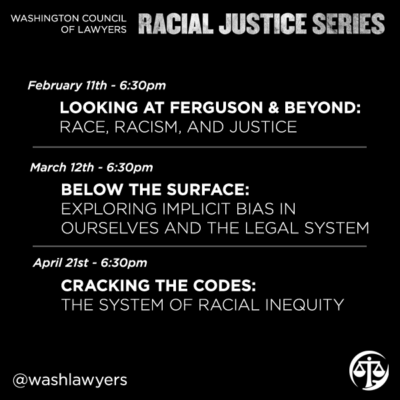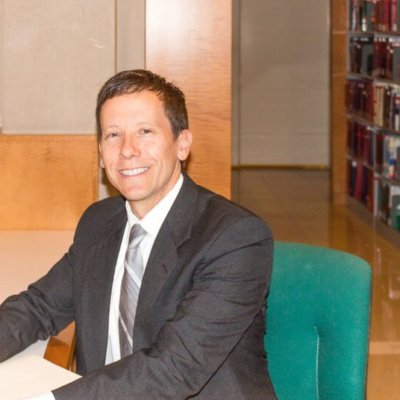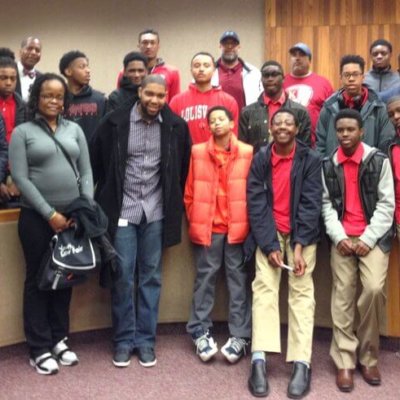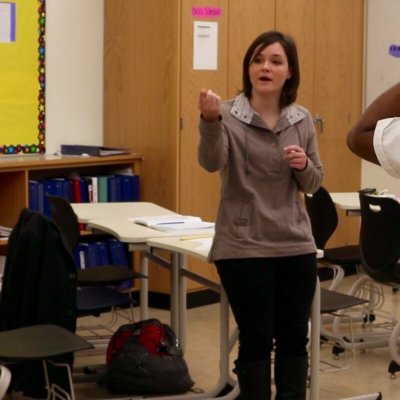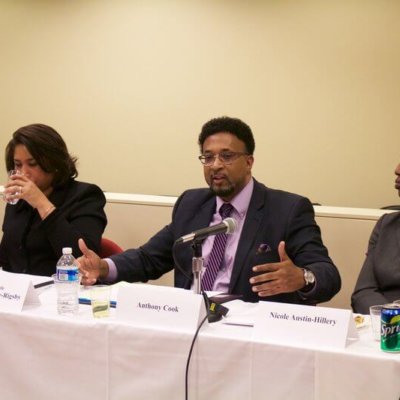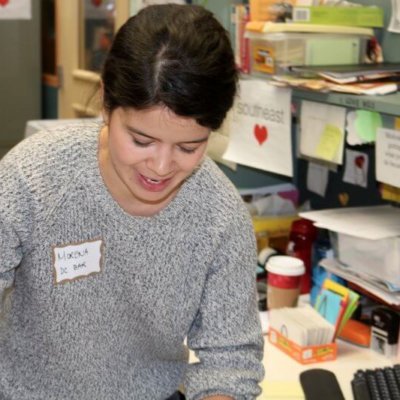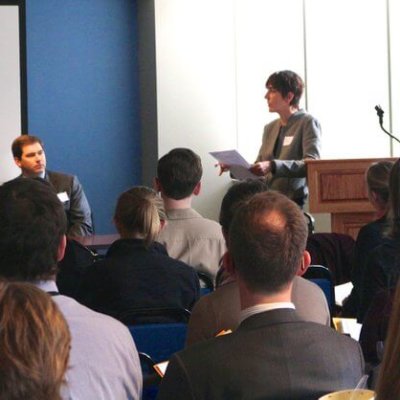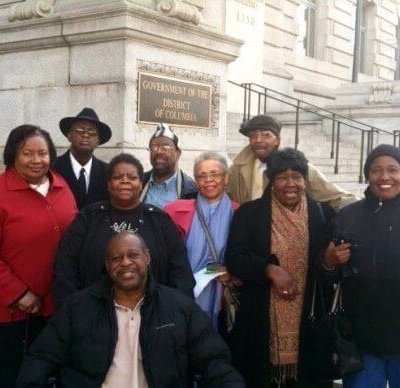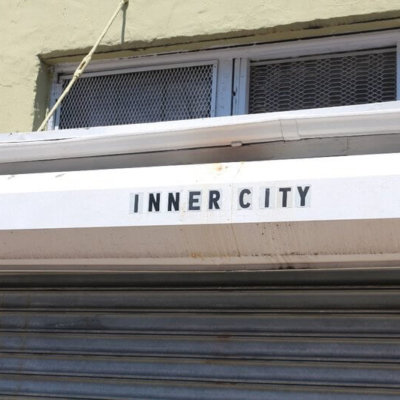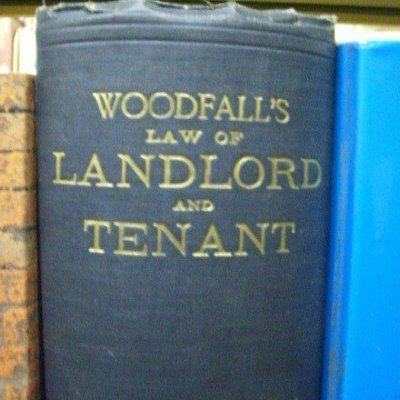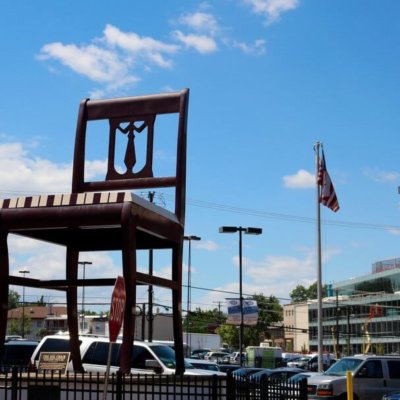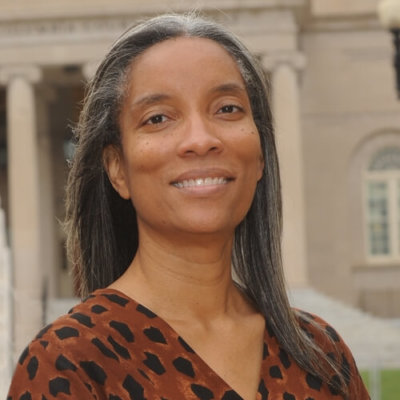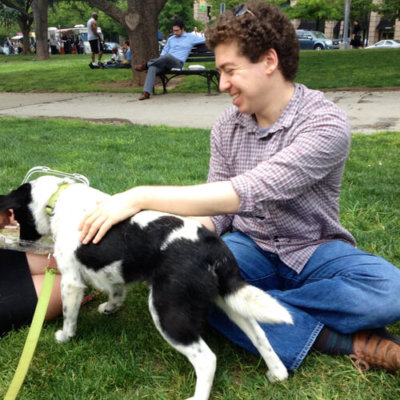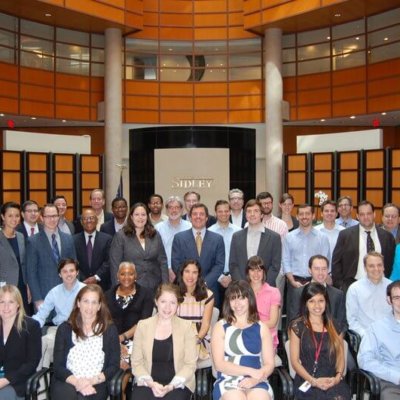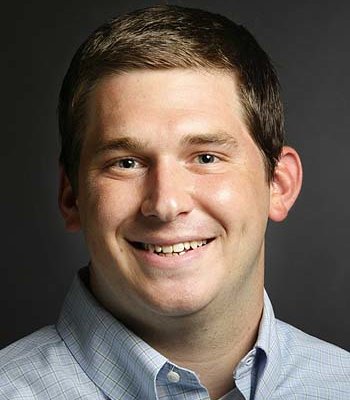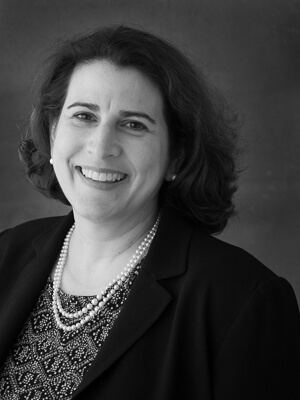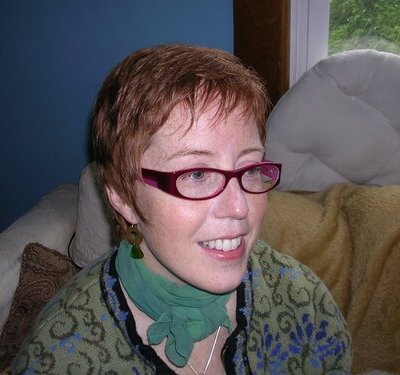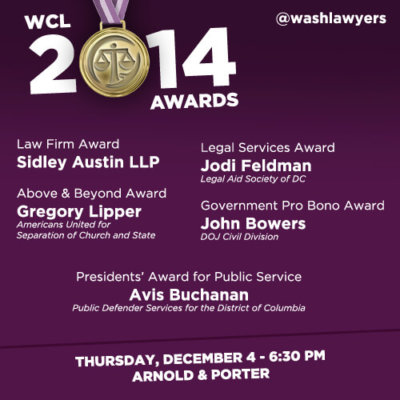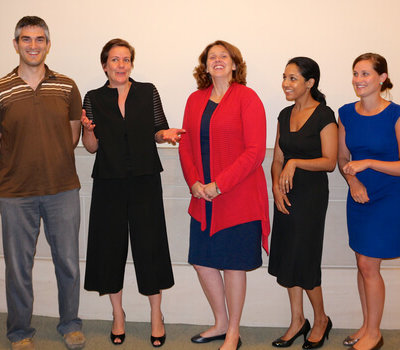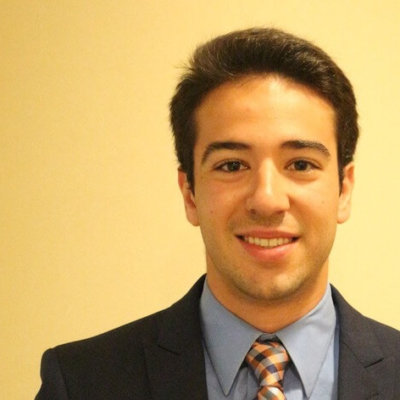Member Profile: Taryn Wilgus Null
From time to time, we'll be sharing interviews with our members, so we can learn more about their legal careers and the role that Washington Council of Lawyers has played in their professional development. For our inaugural installment, we spoke with longtime member Taryn Wilgus Null. Tell us a bit about yourself. Currently, I’m an associate at Mehri & Skalet, a small, public spirited law firm that represents plaintiffs in employment, fair housing, and consumer protection cases. In June, I’ll be joining the U.S. Department of Justice, Civil Rights Division, Employment Litigation Section as a Trial Attorney. I have been out of law school for nearly eight years and have previously clerked for a judge on the D.C. Court of Appeals and completed fellowships at the National Women’s Law Center, where I worked on education and employment issues, and Americans United for Separation of Church and State, where I litigated First Amendment religion issues. What are you working on right now? I am drafting a complaint in a Title VII class action involving race discrimination, working on an opposition to a motion for summary judgment in an individual Title VII case, and working on a post-hearing brief in a Fair Labor Standards Act arbitration involving unpaid pre- and post-shift work at a federal prison. How long have you been a Washington Council of Lawyers member, why did you join, and what are some things you've done as a member? I joined Washington Council of Lawyers in 2007 when I was working at my first job out of law school. One of my colleagues at the National Women’s Law Center sent me an email about the mentoring program and told me that WCL was a great organization. I joined the the mentoring program as a mentee. The year after I was a mentee in the mentoring program, I joined the Board and co-chaired the mentoring program. I have since served as the Board President and Secretary and have served as a mentor in the mentoring program. What have you found most valuable about your membership in Washington Council of Lawyers? The connections that the organization provides have been invaluable. The community of lawyers has profoundly affected the enthusiasm that I have for practicing public interest law in DC. How has legal practice/DC legal scene changed since you’ve started practicing? The legal job market has unfortunately become much, much more difficult since I started practicing. The silver lining for nonprofits is that in recent years they have had assistance from volunteer attorneys, as well as lawyers with fellowships funded by big law firms or law schools. Any advice for law students/new lawyers? In your first few years of practice, look for as many opportunities as you can to engage in work and activities that will expose you to new practice areas and new people. There are many dramatically different jobs that a lawyer can have, and it can take some time to find the right fit for you. Thanks to Taryn for answering our questions. And if you'd like to join Taryn and the other wonderful members of Washington Council of Lawyers, you can do so here.







